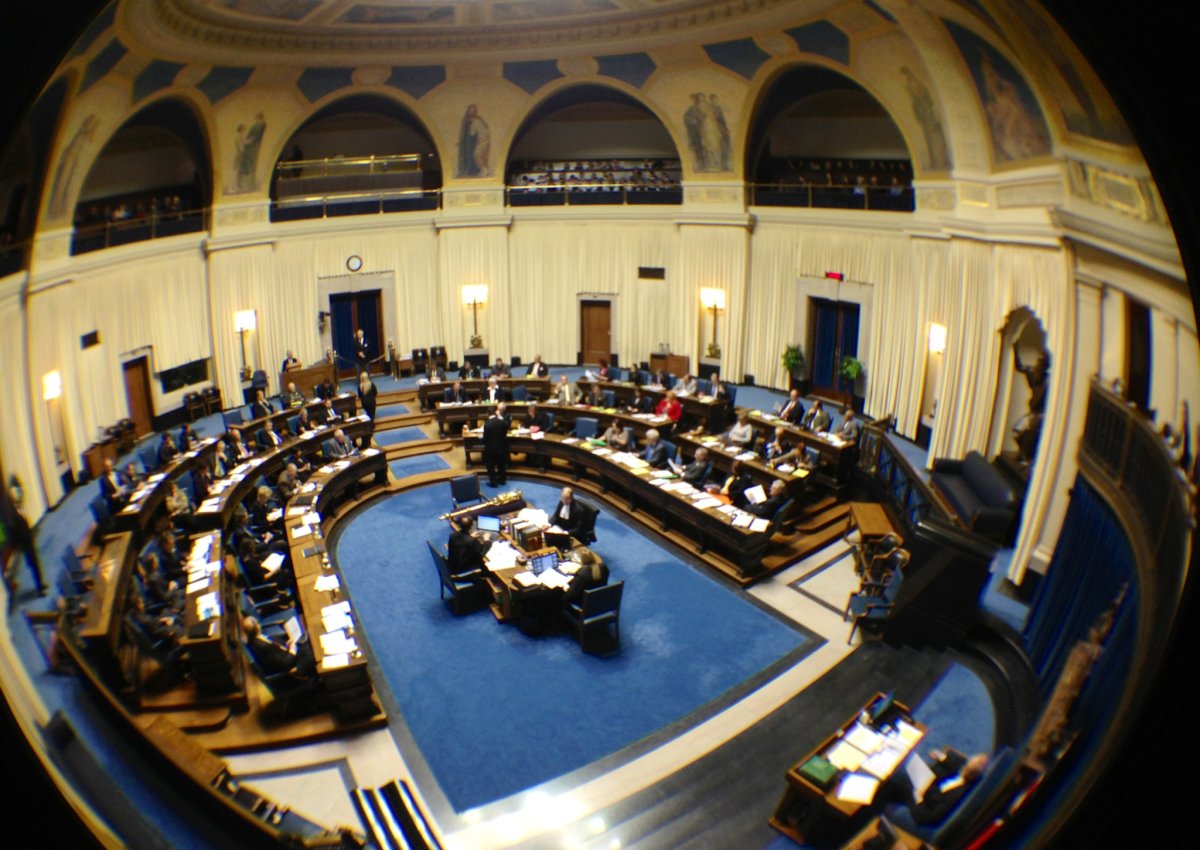WINNIPEG – The Manitoba government will eliminate the education property tax for seniors as promised by next year, Finance Minister Greg Dewar said Tuesday just hours after he appeared to hedge on a timeline.

“We made a commitment to eliminate it and we’ll eliminate it by 2016,” Dewar said in an interview.
“We’re on track to do it. You’ll see more information when the budget is tabled at the end of (April).”
Dewar was asked three times at an earlier news conference whether the NDP government would keep its 2016 target date. He said it was being discussed in advance of the provincial budget set for April 30.
“We’re working on that. You’ll see more information when the budget is announced.”
“You don’t have a target date anymore? It’s just floating now?” a reporter asked.
“We’ll consider that as we move along. We still, as I said, have between now and the end of April to finalize the budget.”
The property-tax promise has already been pushed back once. The NDP said during the 2011 election campaign the tax would be gone by 2015. Last year, the New Democrats moved the target date back to 2016.
Dewar did announce a step toward the goal Tuesday. The province plans to double the existing rebate on the education property tax paid by seniors this year to $470 from $235.
Combined with other property tax credits, the change means more than one in four seniors will not pay any education property tax. The move will cost the province $11 million. Dewar was unable to say how much it will cost to cover all seniors as promised.
The government has already come under fire for breaking another 2011 campaign promise to not raise the provincial sales tax. It jumped to eight per cent from seven in 2013, and prompted voter anger and an internal revolt that Premier Greg Selinger survived at a party convention earlier this month.
The government has been struggling to balance its books after a string of deficits that started in 2009. A sluggish national economy caused federal equalization payments to drop and severe flooding in 2011 required hundreds of millions of dollars in compensation and repairs.
Selinger has rejected calls for sharp spending cuts since the 2009 downturn. He instead launched an infrastructure program, raised several taxes and user fees and pushed back his plan to balance the budget to 2017 from 2015.
That target is in doubt, however, as both Selinger and Dewar have said they will not meet it if it requires deep spending cuts. The government is forecasting a $394-million dollar deficit for the fiscal year that ends March 31 — $37 million higher than originally budgeted.



Comments